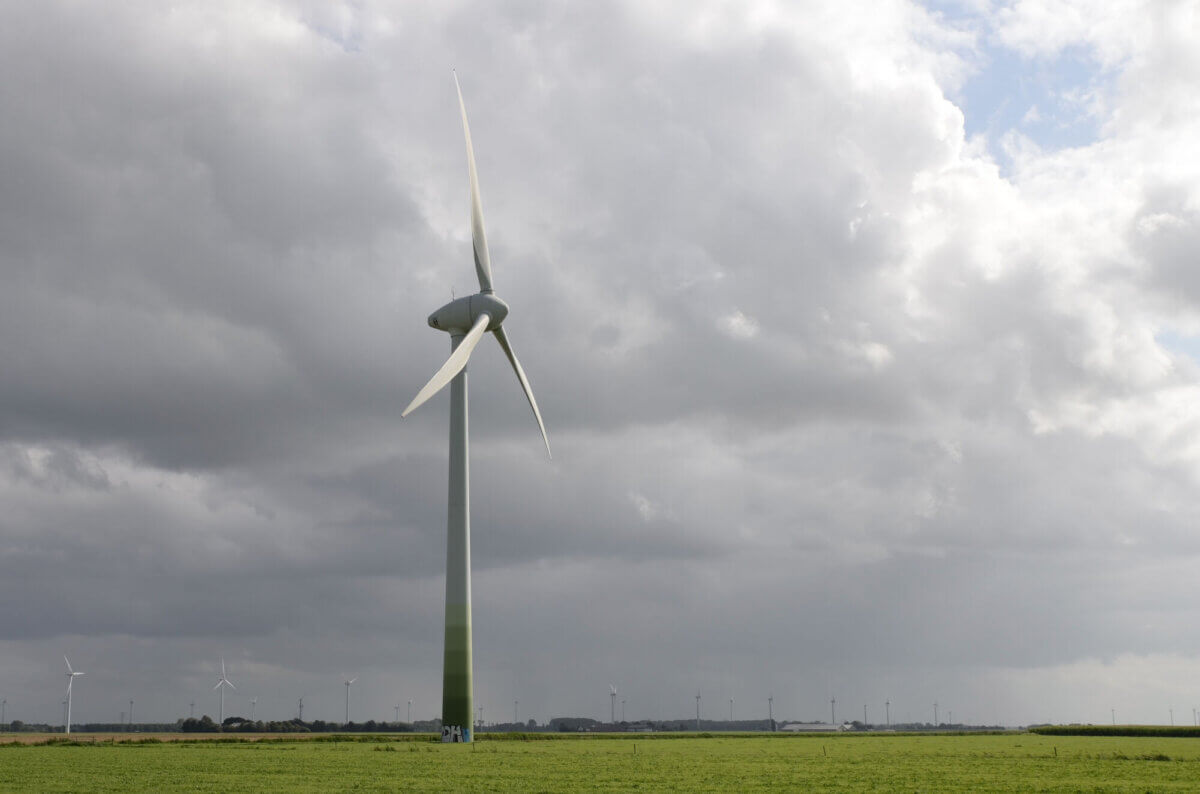The UBO Registration Implementation Act (the “Act”) was adopted by the Senate this week (23 June 2020). As a result, companies and other legal entities established in the Netherlands are obliged to register information about their ultimate beneficial owner(s) (UBOs) in the Dutch trade register. Existing and already registered entities are subject to a transitional period of 18 months. They must therefore have registered the information concerning their ultimate beneficial owner(s) with the Dutch trade register within 1.5 years after the date the Act became effective. Entities established after the date the Act became effective must register the information on the ultimate beneficial owner(s) upon their first registration in the Dutch trade register.
Who qualifies as a UBO?
A UBO is the ultimate beneficiary owner of a company or other legal entity. Therefore, a UBO is always a natural personUBOs are subdivided by type of entity:
- N.V./B.V.: the natural persons who through (i) the direct or indirect holding of more than 25% of the shares, of the voting rights or of the ownership interest in the company or (ii) other means, e.g. de facto control, are the ultimate owner of or has control over the company;
- Foundations, associations, cooperatives and mutual insurance societies: the natural persons who through (i) the direct or indirect holding of more than 25% of the ownership interest in the legal entity, (ii) the ability to directly or indirectly exercise more than 25% of the voting rights in respect of an amendment of the articles of association, or (iii) the ability to exercise factual control over the legal, are the ultimate owner of or has control over the legal entity;
- Partnership, EEIG and shipping company: the natural persons who through (i) the direct or indirect holding of more than 25% of the ownership interest in the entity, (ii)the ability to directly or indirectly exercise more than 25% of the voting rights in espect of an amendment of the (formation)agreement, or (iii) the ability to exercise effective control over the entity, are the ultimate owner of or has control over the entity; and
- Church: the natural person(s) who is/are designated in the statute as the legal successor in the event of dissolution of the church.
If, based on the above details, no person qualifies as a UBO , the managing directors of the legal entities mentioned above under 1. trough 3 must be registered in the Dutch trade register as so-called ‘pseudo-UBOs’. In such cases, partnerships are required to register their partners (with the exception of limited partners).
At a later stage, trusts and similar legal constructions will also be obliged to keep information concerning their ultimate beneficial owner(s) in the UBO register. This obligation will be introduced by means of a separate legislative proposal, the internet consultation of which closed on 15 May 2020. See the earlier report of our colleagues Anneloes van Uhm and Nick van Dijk in this respect.
What is the UBO register?
The UBO register is an initiative of the European Union and its purpose is to register the ultimate beneficial owner(s) of companies and other legal entities established in the Netherlands (see enumeration below) in a central register and to make this register publicly accessible. With this European transparency measure, the European Union aims to prevent money laundering and terrorist financing. In the Netherlands, the Dutch trade register will maintain the UBO register.
What information should be registered?
The following information about an ultimate beneficial owner must be registered in the Dutch trade register:
a. the name, month and year of birth, state of residence and nationality;
b. the nature of the economic interest held by the ultimate beneficial owner (this relates only to shares, voting rights or ownership interest) and the size of this interest in ranges of 25%;
c. the day, place and country of birth and home address;
d. the Citizen Service Number or foreign tax identification number (TIN);
e. a copy of a valid identity document based on which the personal data referred to above have been verified; and
f. copies of documents demonstrating the nature and scope of the economic interest held by the UBO (e.g. a deed of incorporation, copy of a shareholders register, register of depositary receipt holders or members registers, etc.).
Which information is publicly accessible?
The information included under a. and b. is publicly accessible. The other information is only accessible to competent authorities such as the National Police, the Public Prosecution Service, Fiscal Intelligence and Investigation Service, Dutch Central Bank and the AFM.
Which entities are subject to the UBO registration obligation?
The Netherlands will only register UBOs of entities that are compulsorily registered in the Dutch trade register. This means that the following entities are obliged to provide the Dutch trade register with information regarding their UBOs:
(i) B.V.s and N.V.s with the exception of (i) listed companies that are subject to disclosure requirements as referred to in the European Transparency Directive or comparable international standards as well as their (ii) direct and indirect 100% subsidiaries*;
(ii) foundations, associations, cooperatives and mutual insurance societies;
(iii) partnerships, limited partnerships (CVs), general partnerships (VOFs), European Economic Interest Groupings (EEIGs), shipping companies and churches; and
(iv) European public limited liability companies (SEs) and European cooperative societies (SCEs) with statutory seat in the Netherlands.
*The exemption only applies to 100% direct and indirect subsidiaries. Even if only one share is placed with another shareholder, this exemption no longer applies.
Submission of information
In order to ensure that the UBO register remains as accurate and up to date as possible, the entities subject to registration must ensure that information about the UBO is correct and complete at all times. In addition, institutions subject to the Money Laundering and Terrorist Financing (Prevention) Act such as banks, civil law notaries, attorneys and trust offices are subject to a reporting obligation under which they are obliged to report to the Dutch trade register if they have reasonable doubt about the correctness of the UBO information registered in the Dutch trade register.
If the entities subject to the registration obligation act in breach of the aforementioned UBO registration obligations, this may constitute an economic offence. This may result in substantial fines and/or criminal prosecution.
Entry into force of the UBO register
It is currently unclear when the Act will enter into force. We expect this to be as of September 2020. After the entry into force of the Act, a transitional period of three months will be applied for compliance with the obligation to register UBOs.
Click on this link for more detailed information about the UBO concept.
More information
If you would like more information or advice about your position as a possible UBO in the UBO register, please do not hesitate to contact one of the contact persons below.






